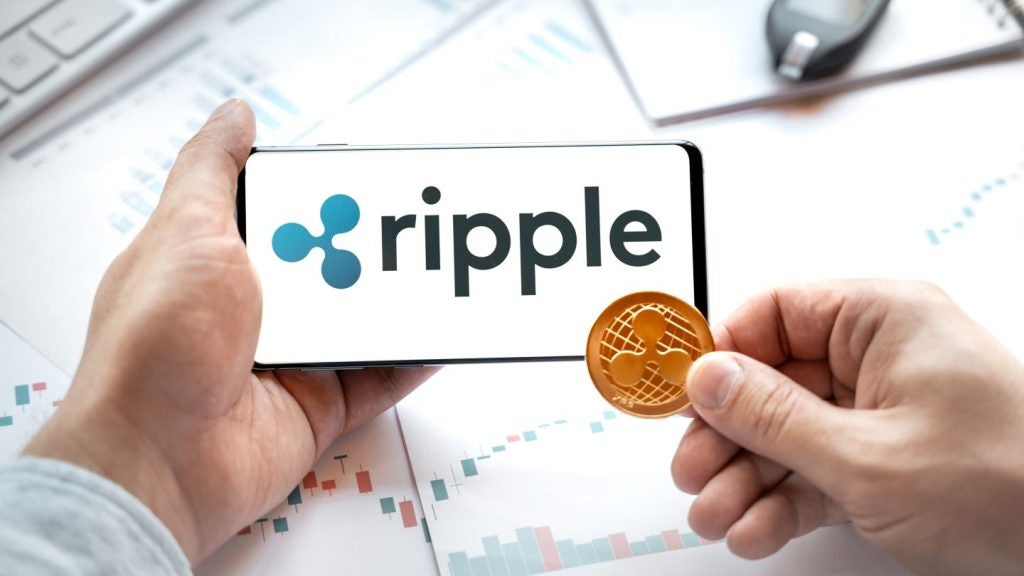The US merchant community is ratcheting up the pressure
on the payment networks over the contentious issue of
interchange, with campaigns aimed at the public and intensive
lobbying of lawmakers. Charles Davis reports on what is
turning out to be a bitterly-fought contest.
If the war over interchange rates in the United States ratchets
much higher, the damage done politically might prove more
problematic in the long term than the regulations, should they
materialise. In recent weeks, the issue has become less a debate
than a screaming match dominated by the merchant community.
Accusations and counterarguments are flying
back and forth, in every conceivable delivery vehicle, from studies
to press conferences and even YouTube videos.
That’s right: The Electronic Payments
Coalition (EPC), which represents the associations and issuers,
created and posted several videos on YouTube under the guise of
its
DontMakeUsPay.org website.
“We are already struggling to pay our own
bills in this time of economic hardship; we shouldn’t be asked to
pay merchant bills, too,” the video asserts.

US Tariffs are shifting - will you react or anticipate?
Don’t let policy changes catch you off guard. Stay proactive with real-time data and expert analysis.
By GlobalDataIn another YouTube video posted on the
Electronic Payment Coalition’s website, a young, casually dressed
narrator uses illustrations on a white board to explain to viewers
how card transactions work, using a $10 American flag purchase from
a small store as an example.
The merchant’s bank collects a $0.20 discount
fee on the transaction from the merchant, and the card issuer takes
$0.16 of that as interchange, the narrator explains. The
card-issuing bank takes on all the risk of any fraud or other
problems that might occur with the transaction, he adds.
“But these big-box merchants aren’t happy with
the system, and they’re currently lobbying Congress to pay less,”
the narrator says. “So what would happen if they got their way?
Your bank or credit union could start charging you more to make up
for money lost. And if that happens, do you really think these
big-box stores would start charging you less? I don’t think
so.”
No-holds-barred tactics
The merchants’ lobbying site,
www.unfaircreditcardfees.com, includes videos ranging from a
crudely designed cartoon credit card with a Darth Vader voice
threatening to hit the viewer with a variety of fees, to a
commercial showing a misbehaving boy who fulfilled his dream of
becoming a pirate by working for a credit card company as an
adult.
On the site’s opening page is a slick new
video called ‘Domino’ that links, through high-production-value
illustrations, a series of silver dominos linking the subprime
mortgage crisis to consumer struggles that, combined with
interchange, lead to stores closing and consumers suffering more
economic hardship.
In another sign of the no-holds-barred tactics
being employed in the fight, executives from the 7-11 convenience
store chain went to Washington to hand-deliver a petition they
circulated asking customers to “help us stand up to the credit card
companies and put an end to these unfair credit card fees.”
Franchisees of 7-Eleven gathered 1.7 million signatures protesting
interchange fees, far more than they anticipated.
Not to be outdone, MasterCard immediately
countered with a survey it said showed the 7-11 petition was
misleading.
The Merchants Payments Coalition released a
study of how European countries, Canada and New Zealand handle
interchange fees. Merchants in those countries generally pay lower
fees. The study found that if US merchants paid the same swipe fees
as those in Australia over the last four years, the net savings
would total $125 billion.
“It’s the number two cost, behind labour, in
our industry, and it’s non-negotiable,” said Lyle Beckwith, a
senior vice-president with the National Association of Convenience
Stores. “And as more and more people are using plastic for payment,
it’s getting increasingly problematic for our industry.”
Merchants play for high
stakes
The stakes couldn’t be higher:
lawmakers have called for passage of a bill that would open the
interchange market to competition, but more ominously, would allow
merchants to reject cards with higher interchange rates
altogether.
And in a direct challenge to the associations,
the bill’s current language would authorise the Federal Trade
Commission to conduct a sweeping review of MasterCard and Visa
rules for fairness and competitiveness.
The associations, joined by banks, the major
financial services associations and the credit union industry, are
pushing back harder than ever, arguing that regulating interchange
rates will enrich retailers but offer little or nothing for
consumers.
It’s a tough sell: the industry’s position is
that if interchange rates are lowered, they’ll be forced to raise
rates for other card-related services. Facing an onslaught of
criticism by consumer groups and an aggressive cadre of Democratic
lawmakers in the majority in both houses of Congress, threatening
to raise fees wins the industry no friends in Washington these
days.
Legislative efforts
intensifying
As if that weren’t troubling enough
for issuers, the legislative effort to regulate interchange appears
to have growing bipartisan support among lawmakers. Republican
Representative Bill Shuster of Pennsylvania, a co-sponsor of the
interchange bill, said the measure is needed to bring transparency
and fairness to the market.
“I believe action is needed to help level the
playing field between consumers, small businesses, and credit card
companies by requiring greater transparency and prohibiting unfair
and abusive practices when it comes to interchange fees,” said
Shuster.
There are separate bills being also debated by
the House and Senate that would enable large retailers, like
Wal-Mart, to negotiate directly with card companies on their own
interchange fees.
The latest version of card acceptance
legislation, an interchange bill reintroduced in June by House
Judiciary Committee Chairman Representative John Conyers, a
Democrat from Michigan, would remove antitrust hurdles to let
merchants enter into collective-bargaining agreements with banks
when setting interchange rates. Representative Dick Durbin, a
Democrat from Illinois, introduced a companion bill in the Senate
shortly thereafter.
Meanwhile, the Merchants Payments Coalition
and Electronic Payments Coalition are rallying their troops online,
imploring members to contact their lawmakers to fight or defend
current interchange practices. It’s a battle royale, and one not
likely to end anytime soon.







